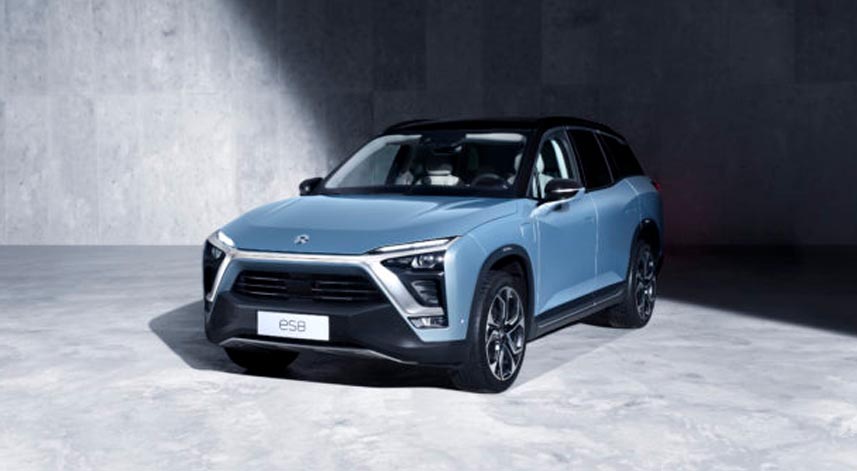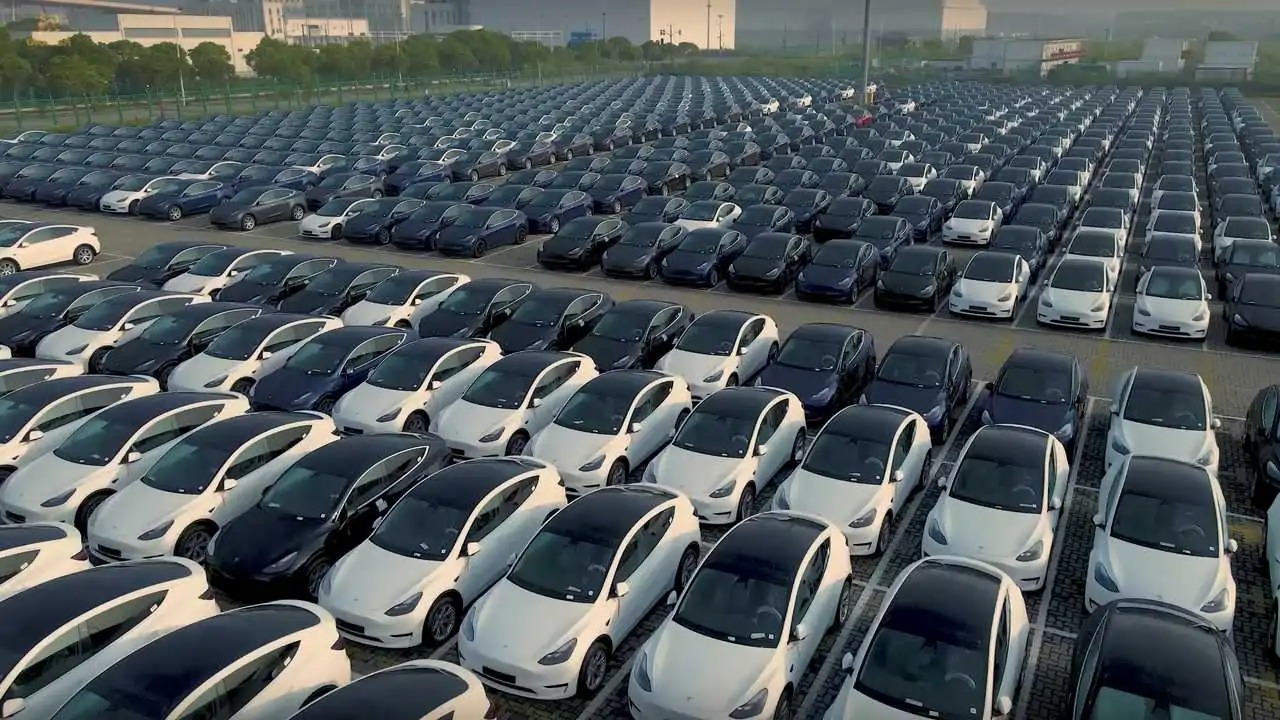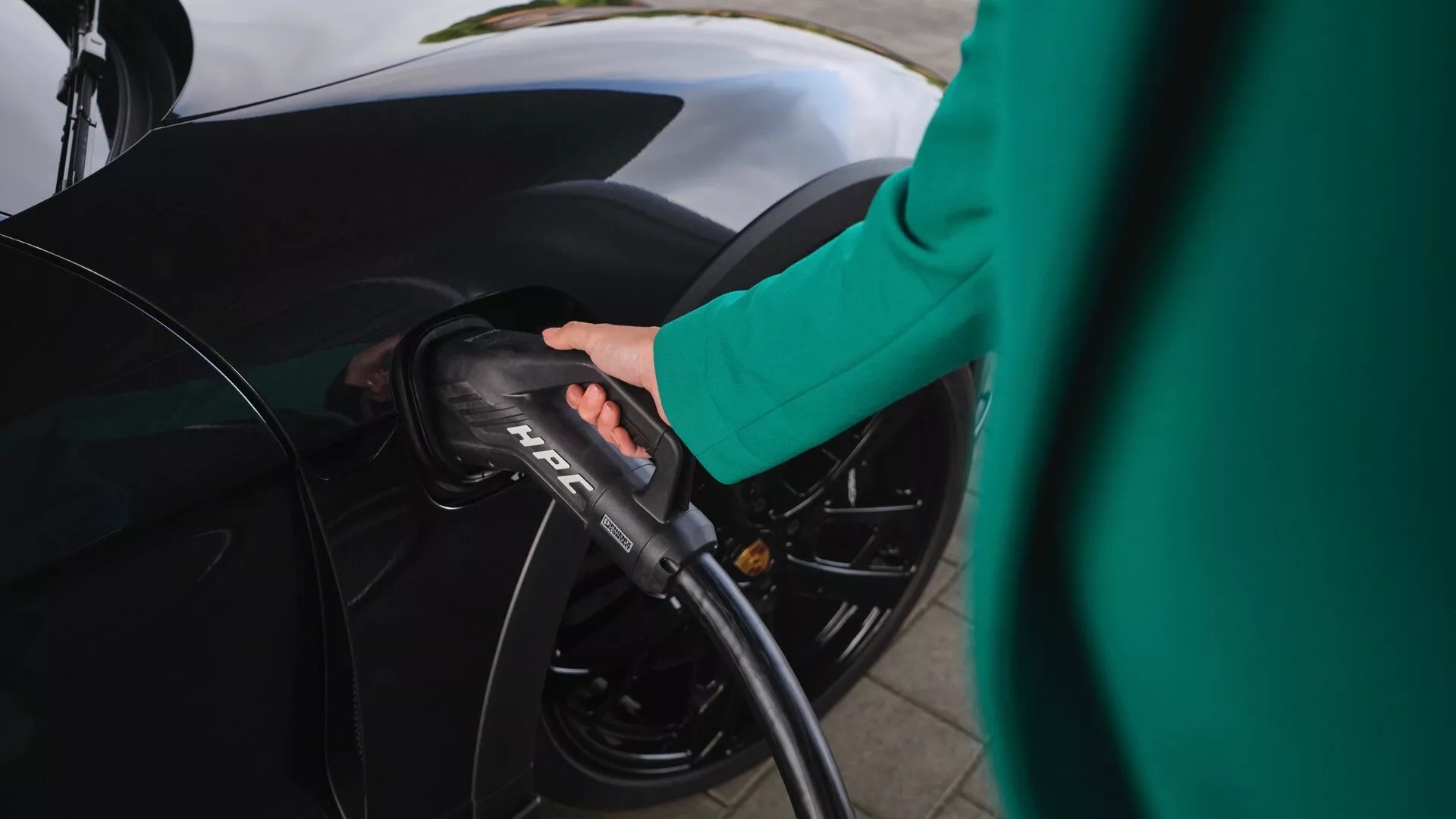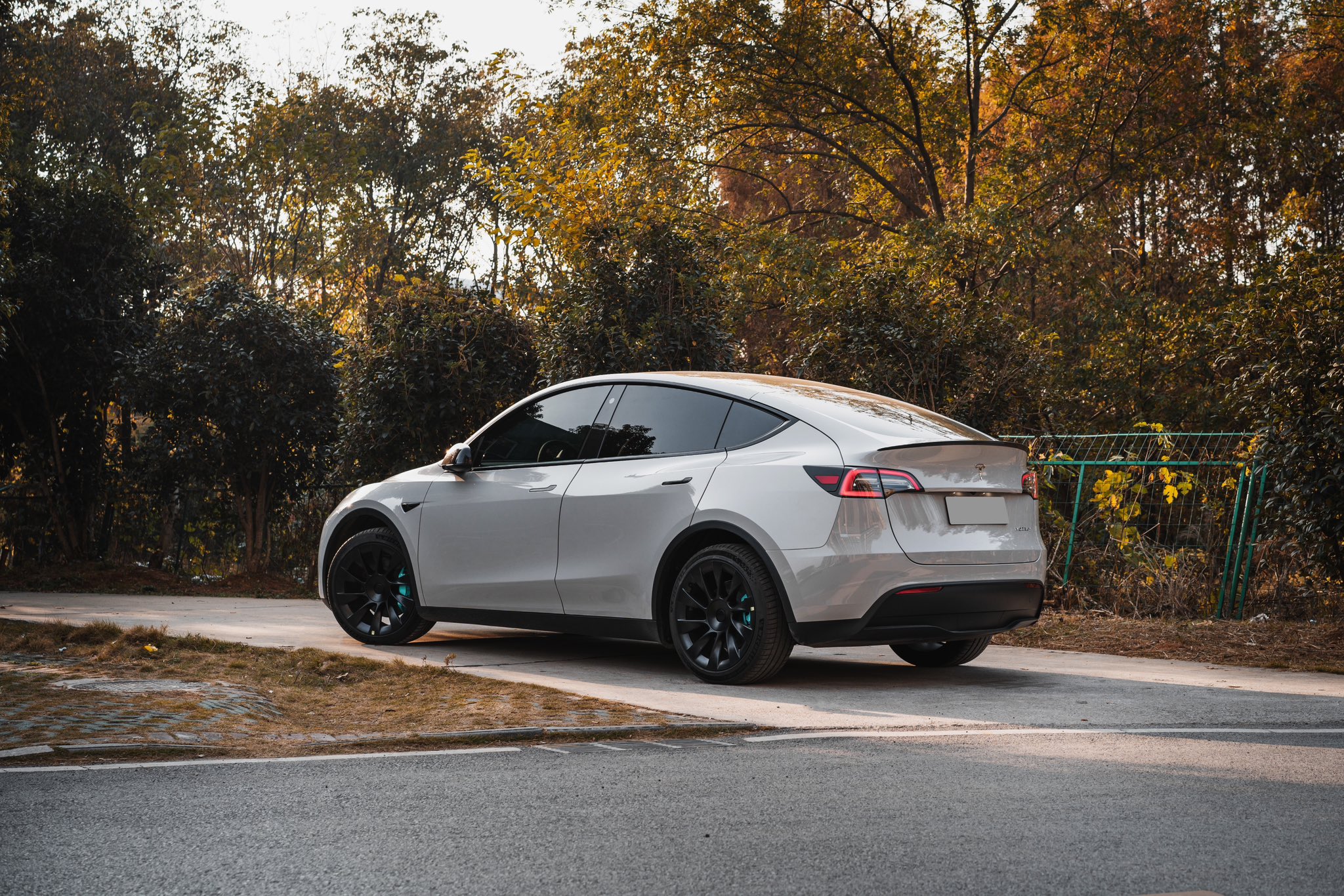Electric vehicles (EVs) are poised to achieve price parity with fossil-fuel models in Europe as early as 2024 and in the U.S. market by 2026, according to recent research conducted by the Rocky Mountain Institute (RMI). The RMI report, released on Thursday, projects a significant reduction in battery costs this decade, potentially halving from $151 per kilowatt-hour (kWh) in 2022 to a range of $60 to $90 per kWh. This dramatic cost reduction is expected to make EVs not only as affordable as petrol-powered cars by 2030 but also cheaper to operate.
Batteries, a primary cost component, currently account for approximately 40% of an EV’s total price, rendering them inaccessible to many consumers. However, ongoing investments by automakers in innovative battery chemistries, materials, and software are steadily driving down these prices, as explained by Kingsmill Bond, a senior principal at RMI.
See also: Volvo targets price parity between electric vehicles and ICE cars in 2025
RMI’s analysis also underscores the rapid growth of electric vehicle adoption in Europe and China, indicating that EV sales could surge at least six-fold by 2030, securing a market share ranging from 62% to 86% of all automotive sales.
Notably, electric vehicle sales in the European Union have surged, recording an impressive 61% increase in July compared to the same period in 2022, now constituting 13.6% of total car sales. The European Union has set ambitious goals, aiming to prohibit the sale of new fossil-fuel models by 2035.
While the United States has not yet committed to a specific deadline for phasing out combustion engine vehicles, California and New York are aligning their targets with the European Union, aiming for a transition to exclusively zero-emission models by 2035.
Kingsmill Bond of RMI emphasizes that the continuous exponential growth of electric vehicles is not a radical projection but rather an expected trend. This projection aligns with the findings of Exeter University’s Economics of Energy Innovation and System Transition (EEIST) project, which predicts that EVs could reach a tipping point in price parity with fossil-fuel models as early as 2024 in Europe, 2025 in China, 2026 in the U.S., and 2027 in India, particularly for medium-sized cars, with even sooner transitions for smaller vehicles.
In light of these advancements, RMI’s research anticipates a steady decline in oil demand for cars, with demand peaking in 2019 and subsequently falling by at least 1 million barrels per day each year after 2030. The global automotive landscape appears poised for a transformative shift towards electric mobility, driven by falling battery costs and increasing consumer adoption.







